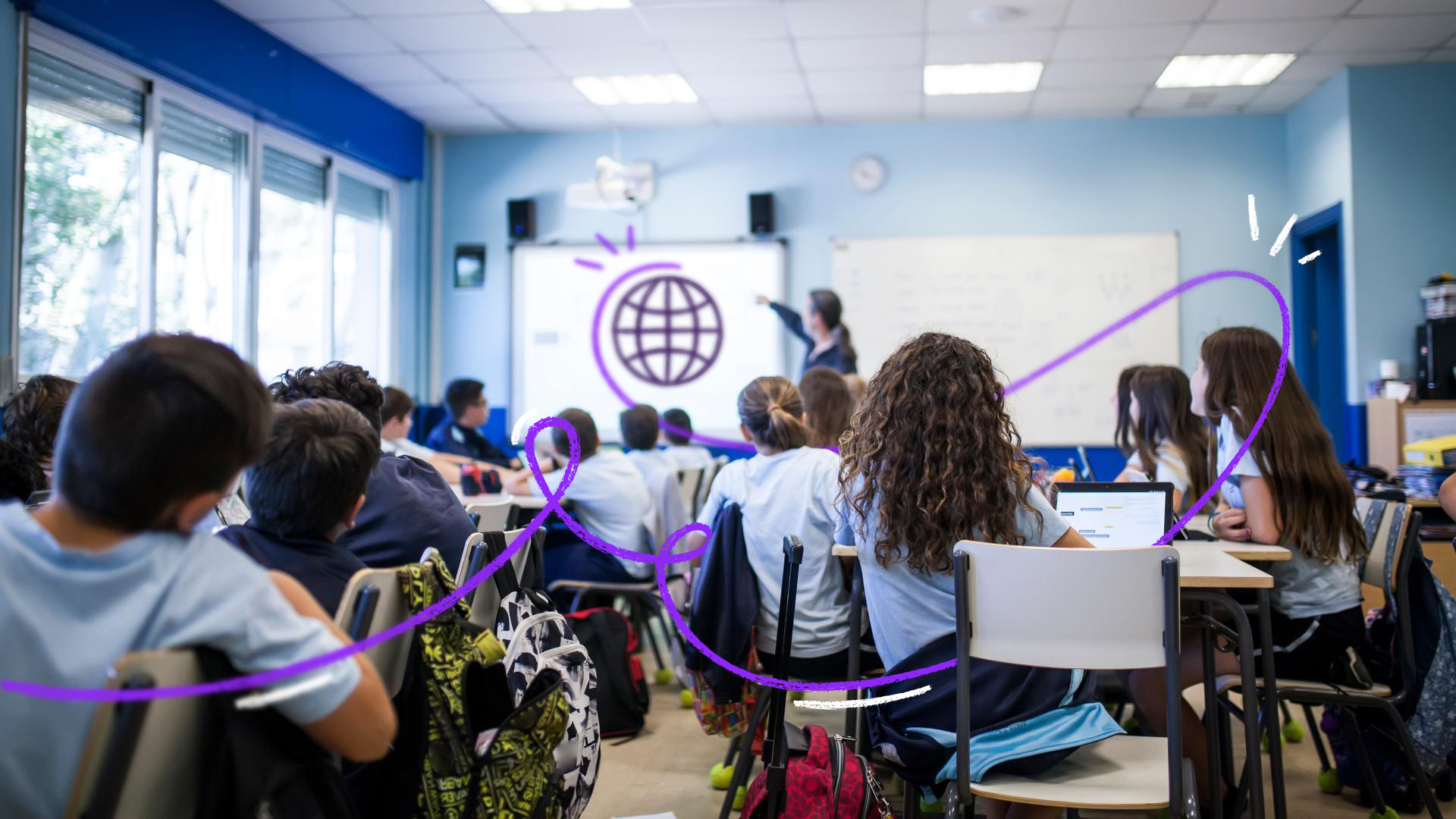Will media literacy catch on this time?
![]()
Media literacy has been around as an idea in the UK at least since the early noughties. In 2004, Tessa Jowell, then Secretary of State at the Department of Culture, Media and Sport, predicted: “in the modern world, media literacy will become as important a skill as maths or science.”
Since then, the teaching of media literacy has made very little progress. It’s not taught in schools. It’s not well understood by teachers. Meanwhile, politicians remain alarmed by the extent to which disinformation can spread online.
As the Online Safety Bill completes its passage through parliament, media literacy is once again in the spotlight. One of the few aspects of the Bill that unites all sides – politicians, tech company executives and media safety campaigners – is an acknowledgement that legislation can’t solve all of our social media and tech problems.
Nor should it. We all want to have as much autonomy as possible when we are online. Individuals not only have to take responsibility; they want to do so.
The elephant that never turned up in the room
But media literacy has been talked up before, and little has come of it. Why should it be different this time?
The history of the Bill itself is not encouraging. Media Literacy was there then it was gone, now it’s back. This doesn’t suggest focus.
A recent amendment in the House of Lords now (rightly in our view) gives Ofcom a statutory duty to publish its policy on media literacy, to pursue media literacy itself, and to commission others to do so. It also requires Ofcom to encourage other bodies to fund and develop media literacy projects.
All well and good, you might say, but Ofcom has had responsibility for media literacy for years. It began with an ambitious definition – “a range of skills including the ability to access, analyse, evaluate and produce communications in a variety of forms” – but was quick to issue a caveat, saying its “responsibilities do not encompass all aspects of media literacy”.
No doubt for budgetary reasons, Ofcom focused narrowly on digital skills (rather than broadly, on critical thinking) alongside research. A comprehensive approach to media literacy teaching never emerged, to the extent that Robin Blake, the former head of media literacy at Ofcom, described media literacy as “the elephant that never turned up in the room”.
Sign up to our newsletter and get the best of Parent Zone to your inbox.
A promising shift?
Still, the last couple of years have seen a number of promising media literacy initiatives from the government, funding exciting projects such as our own Parent Zone Local programme, which brings media literacy into eight local authorities, funded through the Department of Science, Innovation and Technology (DSIT) Media Literacy Taskforce Fund.
Talk:Tech, which Parent Zone launched this week, is a range of resources for use with young people with speech, language and communication needs, funded by a different initiative from DSIT, the Media Literacy Strategy Fund.
Meanwhile, Ofcom has supplied further project funding and is now tendering for the delivery of media literacy training to teachers and health and community workers.
Taken altogether, this represents a recognition of the importance of putting money behind media literacy. The government seems to recognise the need to fund initiatives on the ground delivered by experts.
Will it be enough? Where media literacy is done well, for example, in Finland, (where it is seen partly as a national security issue), populations engage differently online. Interestingly, given a greater alertness to disinformation, there are much higher levels of trust.
It is not really an exaggeration to say that the health of democracy is at stake. We need to know if something is true online – or at least, how we might go about working that out. We need to be able to trust one another.
In 2021, Keir Starmer repeated, almost word for word, the ambition of the late Tessa Jowell 17 years earlier, that media literacy should be seen on a par with the three Rs. The Labour government didn’t make that happen back then in the early noughties; nor did the Coalition, nor did the Conservatives. Media literacy has always been approached piecemeal. It has been underfunded, and too narrowly focused on technical skills and not enough on critical thinking.
Of course, we would say this, but we are already seeing fantastic results from our initiatives. We look forward to seeing a coherent media literacy strategy from the government, and a clear commitment to funding projects that work.
Soon we will have an Online Safety Act. Finally, we must give proper attention to media literacy teaching that reaches all parts of the community, right across the country.
![]()

